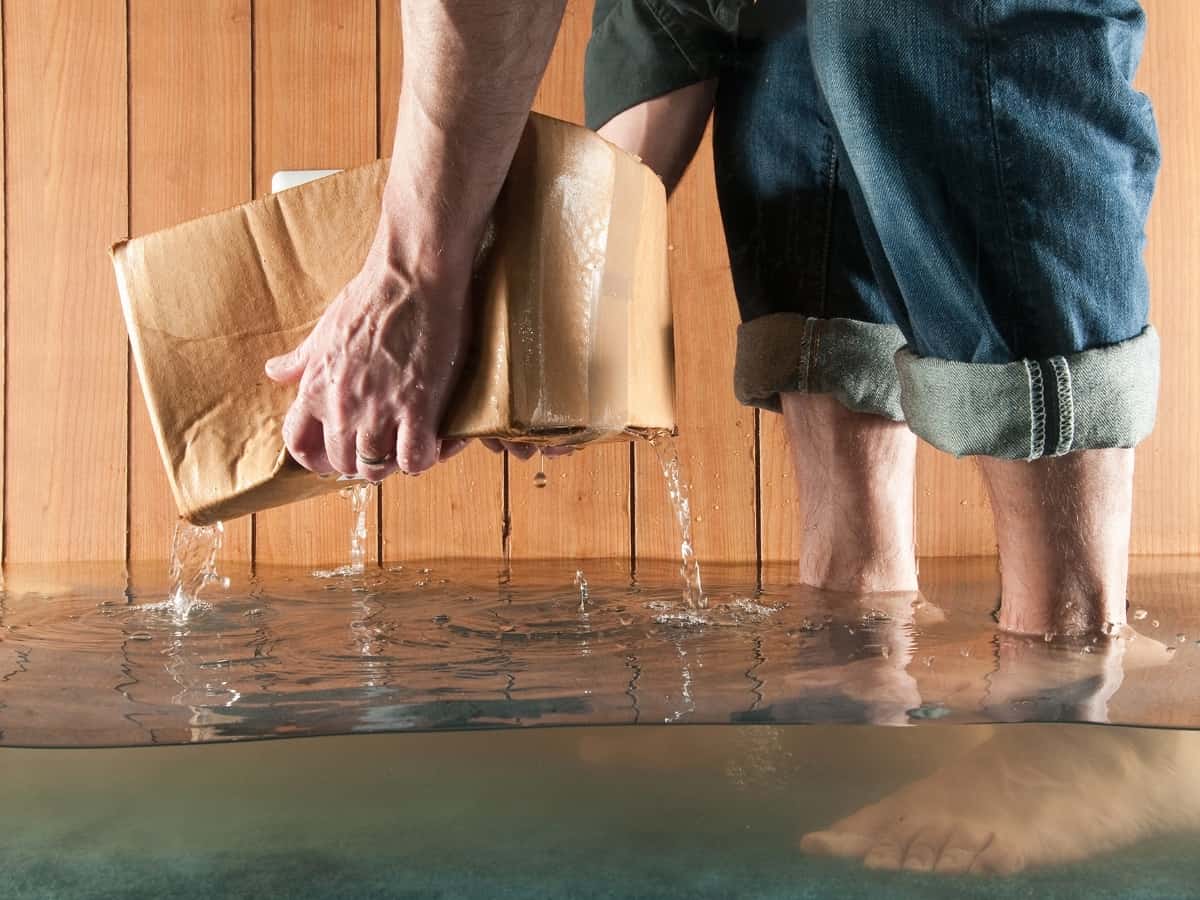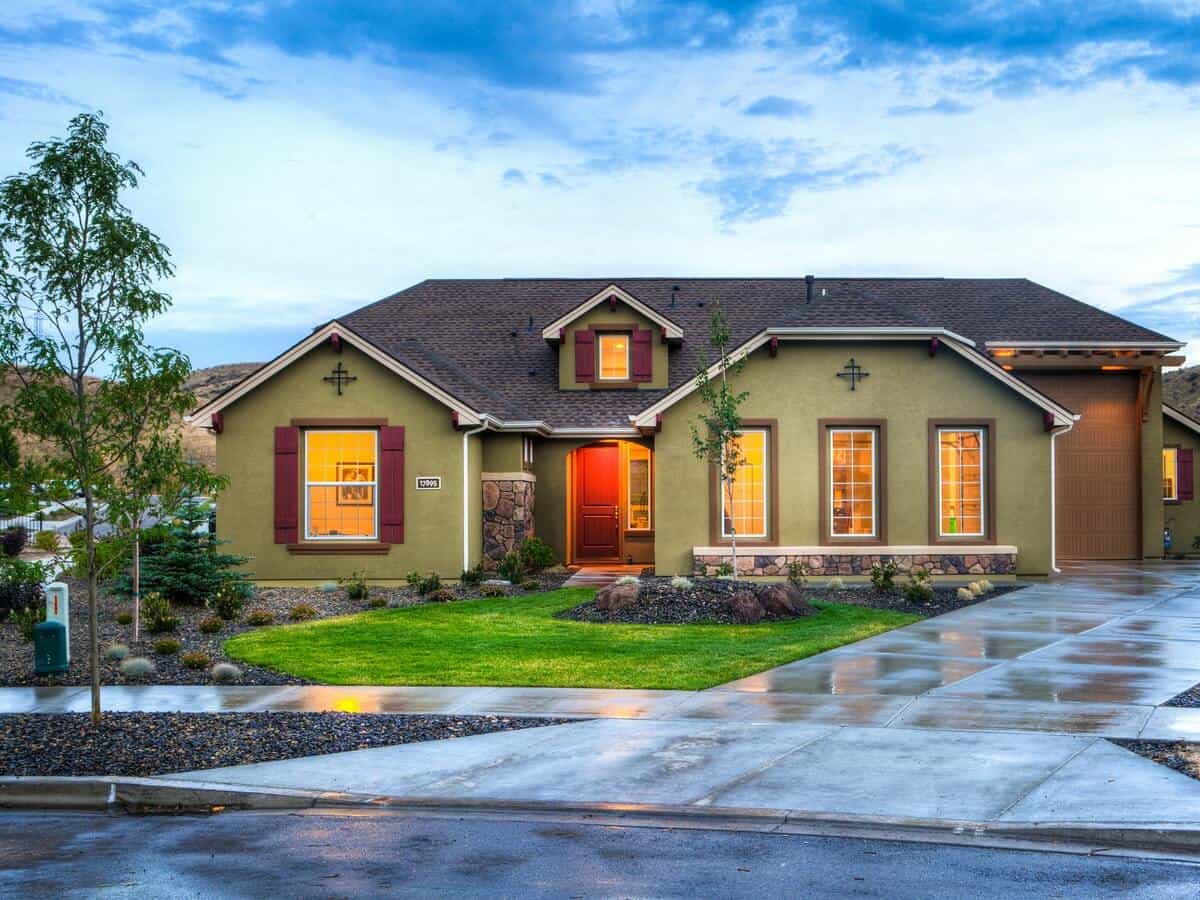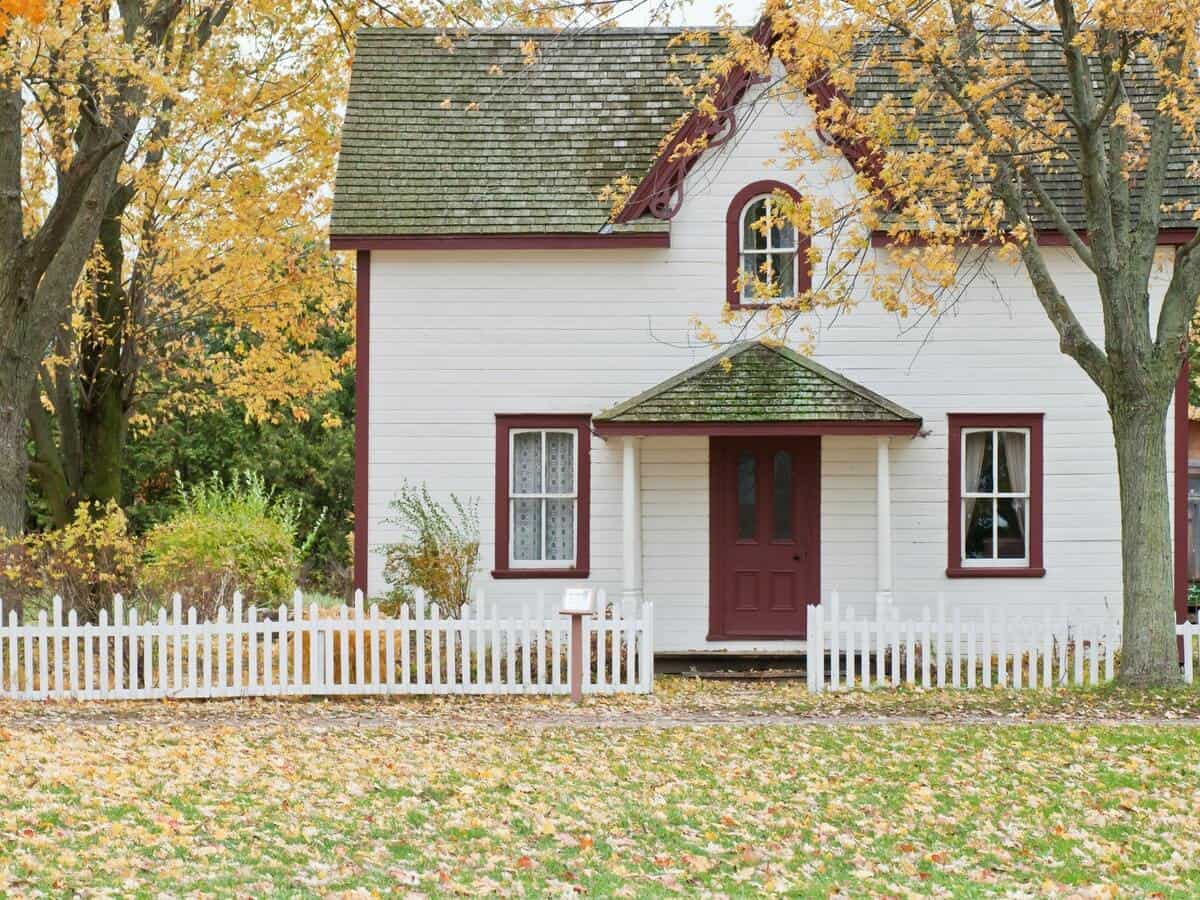Buying a new house is exciting. All the preparation of touring homes, bidding prices, and imagining yourself in a house is over. If you’ve taken out a mortgage loan, you most likely are required to have home insurance. Therefore, you need to start considering which of the home insurance companies you’re going to partner with. When shopping around and making a decision, there are a few things that you should do.
Get Multiple Quotes
First, you should always shop around for home insurance quotes. There is no requirement for which home insurance company you have to use, so utilize the freedom in this and get multiple quotes. Compare coverages, prices, and customer reviews. Customer reviews should not be overlooked, as people leave reviews for companies when they’ve had to deal them during the claims process. If reviews say that the customer service is terrible, maybe reconsider choosing them.
The value of your home insurance is more important than the price. Further explaining, your coverage quality could be low when you sign on with the lowest price. This could cause you to lose money in the event that disaster strikes, and your home isn’t covered like you thought it was.

Understand Quoting Process
Home insurance companies determine their insurance quotes based on different factors. The price that you recieve is the determining result of policy details and multiple coverage limits. Meaning, consider more than just that final price for your quote.
Here are factors that could affect your home insurance quote according to Insurance:
- Replacement cost of your home
- Claims deductible
- Dog breeds (such as a pitbull)
- Wood burning stoves
- Remodeling can raise your rate
- Home-based business
- Marital status (if you’re married, it will be cheaper)
- Insurance score
- Condition of roof
- Home liability limits
- Claims history
- Credit history
- Proximity to fire station
- Pool or hot tub
- Proximity to body of water
- Age of home

Understand The Types of Coverages
Dwelling Protection
This is basic coverage through home insurance. This covers the structure of your home, so think of the home’s foundation, walls and roof. This can help cover other structures attached to the home like a garage or deck.
Other Structures Protection
The term “other structures” is referring to anything that is not attached to your home, so a detached garage, a tool shed, or pool house.
Personal Property Protection
This covers your personal belongings in your home. Therefore, if you are broken into or have a structure fire, your personal property protection may pay to repair or replace destroyed items. Many insurance companies can offer optional coverage to further protect your personal items like jewelry, watches, or expensive clothing items that value above personal property protection limits.
Liability Protection
This covers you in case someone is injured while on your property. This could be anything from someone tripping in a pothole in your driveway, a broken porch step, or an accident on a trampoline. This liability coverage could assist in paying for resulting legal expenses if you are found at fault. This will also cover any medical bills if you’re found at fault. You have the ability to increase this coverage limit through personal umbrella policies.
Coverage Limits & Deductibles
Each coverage is subject to a limit, or the maximum amount that your policy pays towards a covered loss. You can adjust this number due to your needs and coverage limits. As an example, the total cost to repair your home and replace personal items if destroyed by a risk that is covered by insurance (like a fire).

What Home Insurance Companies Won’t Cover
Your insurance covers all the above, but there are some things that aren’t covered by your insurance. These items can have a separate policy taken out of them. Some things not covered by home insurance companies include:
- Flooding and damages
- Anything that could’ve been prevented by maintenance. Examples of this include pest infestation or mold.
- “Earth movements” also known as earthquakes, sinkholes or landslides.
- Sewer backups
- Jewelry
There are Ways to Lower the Premium
After all your bidding, you may feel unhappy with the offers that are extended. Luckily, there are some actions you can take for home insurance companies to lower your premium.
- Bundle home and auto insurance. Bundling your home and auto insurance can save you money. Some customers have savings up to 30% overall.
- Raising your deductible. High deductible = lower premium. Switching from a $500 deductible to a $1,000 deductible lowers your premium by 25%
- Make home improvements. Adding a security system and smart home additions (like gas or leak detectors) can provide savings. Replacing a roof or clearing dry brush in fire-prone areas can also earn discounts.
For more examples of how you can save money through your home insurance, read here.




